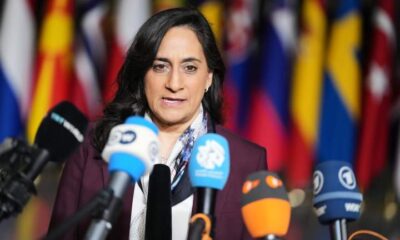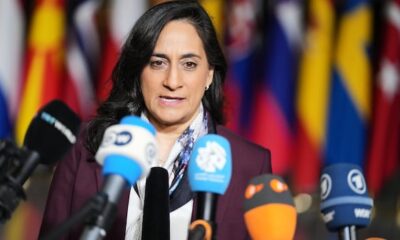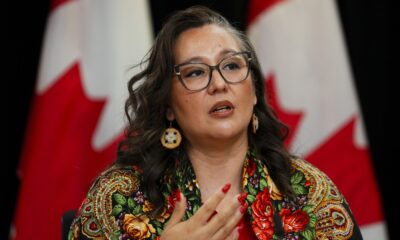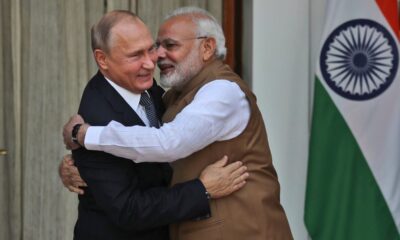World
Moldova’s Pro-EU Party Leads Key Election Amid Russian Claims
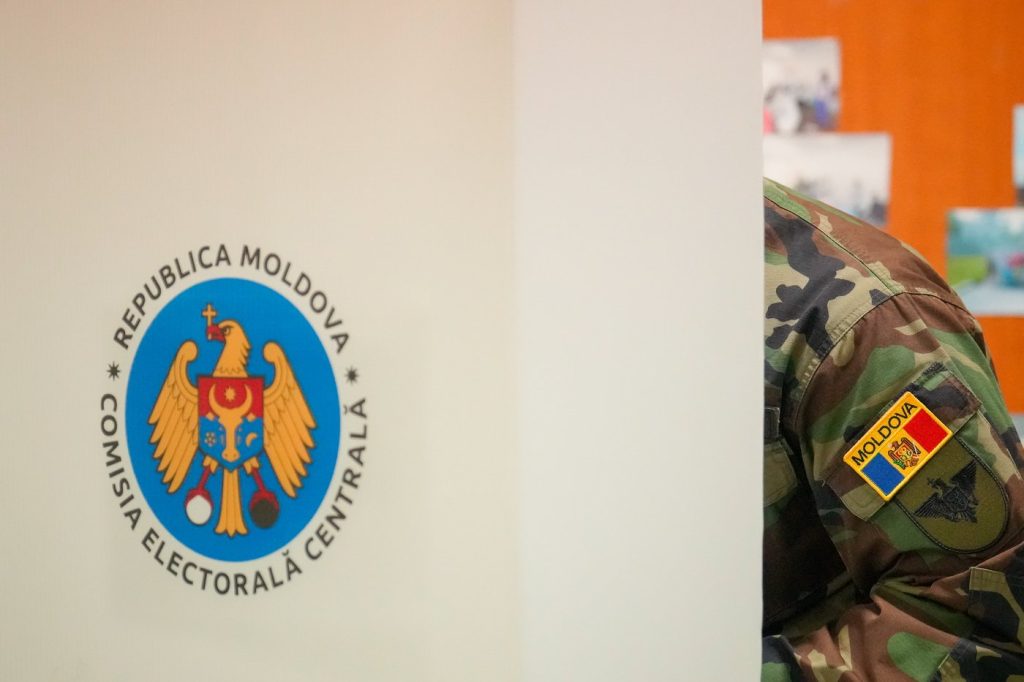
Moldova’s ruling pro-European Union party has emerged as a frontrunner in a critical parliamentary election held on March 10, 2024. This election is viewed as a decisive moment for the country, positioning voters to choose between strengthening ties with the European Union or reverting to closer relations with Moscow. The electoral process has been marred by allegations of Russian interference, which analysts say could influence the outcome.
The pro-Western party’s lead highlights a significant shift in Moldovan politics, where the public has increasingly favored alignment with Western institutions over historical ties to Russia. This election comes at a time when Moldova is navigating complex geopolitical tensions, particularly in light of Russia’s ongoing military actions in Ukraine.
Election Context and Allegations
The parliamentary election is particularly significant for Moldova, a nation of approximately 2.6 million people that declared independence from the Soviet Union in 1991. It has struggled with corruption and political instability, often swaying between pro-European and pro-Russian governments. The ruling party, which advocates for EU integration, has campaigned on promises to combat corruption and improve living standards, appealing to a populace that has faced economic challenges.
Allegations of Russian interference have surfaced throughout the campaign, with reports indicating that pro-Russian entities attempted to sway public opinion and undermine the electoral process. Observers from the Organization for Security and Co-operation in Europe (OSCE) noted potential violations and emphasized the importance of free and fair elections.
Voter turnout was reported at around 65%, indicating strong public engagement in this pivotal election. As results started to emerge, early indicators showed the pro-EU party securing a significant percentage of the vote, reflecting a possible mandate for its policies.
Implications for Moldova’s Future
The outcome of this election holds substantial implications for Moldova’s future direction. Should the pro-EU party maintain its lead, it could accelerate Moldova’s integration into European structures. This includes potential agreements on trade, economic support, and political alignment, which have been long-term goals for the Moldovan leadership.
Conversely, a shift back to a more pro-Russian stance could signal a retreat from European integration and a return to the influence of Moscow. Observers are closely monitoring the developments, as they could also affect regional stability in Eastern Europe.
As the votes continue to be counted, the international community is watching closely, particularly the European Union and neighboring countries. Moldova’s choice in this election will not only shape its domestic policies but could also influence broader regional dynamics involving Russia and the West.
The coming days will be crucial as the final results are confirmed and the implications of this election unfold.
-

 Politics4 weeks ago
Politics4 weeks agoSecwepemc First Nation Seeks Aboriginal Title Over Kamloops Area
-

 World5 months ago
World5 months agoScientists Unearth Ancient Antarctic Ice to Unlock Climate Secrets
-

 Entertainment5 months ago
Entertainment5 months agoTrump and McCormick to Announce $70 Billion Energy Investments
-

 Science5 months ago
Science5 months agoFour Astronauts Return to Earth After International Space Station Mission
-

 Lifestyle5 months ago
Lifestyle5 months agoTransLink Launches Food Truck Program to Boost Revenue in Vancouver
-

 Technology3 months ago
Technology3 months agoApple Notes Enhances Functionality with Markdown Support in macOS 26
-

 Lifestyle3 months ago
Lifestyle3 months agoManitoba’s Burger Champion Shines Again Amid Dining Innovations
-

 Top Stories2 months ago
Top Stories2 months agoUrgent Update: Fatal Crash on Highway 99 Claims Life of Pitt Meadows Man
-

 Politics4 months ago
Politics4 months agoUkrainian Tennis Star Elina Svitolina Faces Death Threats Online
-

 Sports5 months ago
Sports5 months agoSearch Underway for Missing Hunter Amid Hokkaido Bear Emergency
-

 Politics5 months ago
Politics5 months agoCarney Engages First Nations Leaders at Development Law Summit
-

 Technology5 months ago
Technology5 months agoFrosthaven Launches Early Access on July 31, 2025

